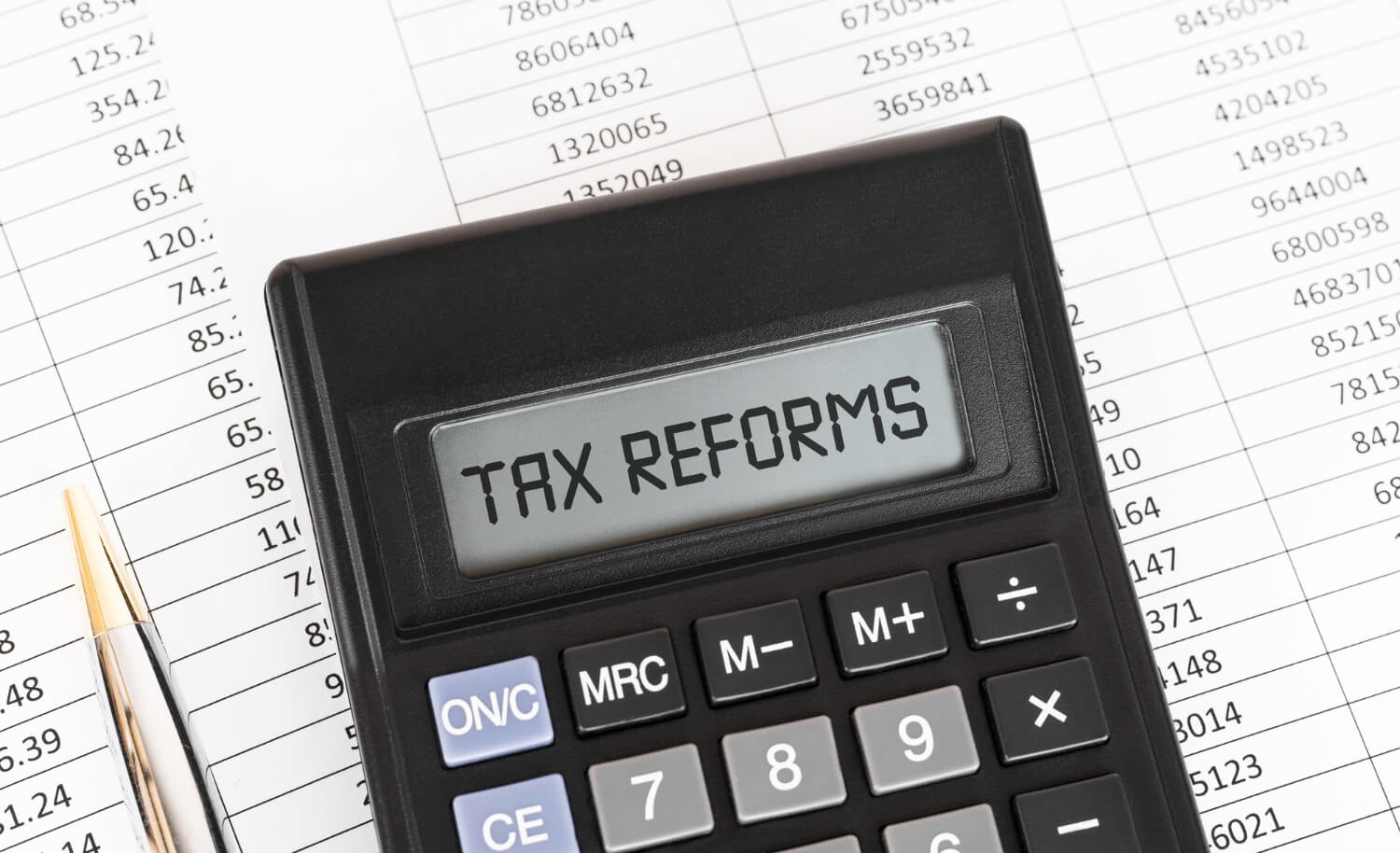Leading US-based multistate marijuana company Trulieve Cannabis Corp. is seeking a refund for taxes paid over three years. The company firmly believes it does not owe these taxes and has based its determination on specific legal interpretations that challenge the tax liability imposed by Section 280E of the Internal Revenue Code. Representatives from Trulieve did not provide further insight into their stance but reiterated the company’s belief in not owing those taxes. After evaluating their tax position thoroughly, they will share more information as deemed appropriate.
Understanding Section 280E of the Internal Revenue Code
Section 280E plays a crucial role in determining the taxation of state-legal marijuana companies. This section prohibits such organizations from deducting standard business expenses when filing their federal income tax returns, ultimately leading to significantly larger tax bills. It was initially introduced during the Ronald Reagan-era War on Drugs to penalize illegal drug trafficking activities.
Nevertheless, following the legalization of marijuana in several states, this tax provision has become burdensome for many legitimate cannabis businesses. Companies operating in compliance with state laws are still prevented from accessing the same tax breaks and deductions available to other types of companies, which end up causing financial constraints.
Debate Surrounding Section 280E’s Implementation
The implementation of Section 280E has been a topic of debate and contention within the industry. Some experts argue that applying this tax provision to legally operating cannabis enterprises is unfair, given that it was originally designed to target illegal drug traffickers. They assert that legitimate marijuana companies should be allowed to deduct standard business expenses like any other business.
On the other hand, opponents of this viewpoint argue that altering Section 280E’s implementation for legal cannabis businesses would be tantamount to endorsing a federally illegal substance. They further maintain that until marijuana is completely legalized at the federal level, these enterprises must continue to bear the burden of this tax provision and operate under its constraints.
Potential Implications of Trulieve’s Tax Refund Request
If Trulieve succeeds in obtaining its desired tax refund, the outcome could potentially have far-reaching implications for the entire American marijuana industry. A successful challenge to the imposition of taxes under Section 280E could pave the way for other cannabis companies to seek similar refunds or dispute future tax liabilities based on individual interpretations of the tax code.
However, it is important to note that challenging the Internal Revenue Service (IRS) can be an arduous process fraught with legal complexities. Often, courts tend to side with the IRS when interpreting disputed provisions within the tax code, which might make it difficult for Trulieve to secure a favorable ruling. Additionally, a potential victory for Trulieve might trigger widespread scrutiny of other cannabis companies’ tax positions and compliance.
A Possible Catalyst for Policy Change?
Trulieve’s ongoing battle against Section 280E might also serve as a catalyst for broader policy changes related to the taxation of the cannabis sector. In light of growing calls for marijuana reform in the United States, policymakers may feel compelled to reconsider how the industry is taxed at the federal level. This could result in changes to existing tax laws so as to grant state-legal marijuana companies the same deductibility privileges available to other businesses.
Uncertain Future for Cannabis Industry Taxation
The outcome of Trulieve’s fight for a tax refund has the potential to impact the taxation landscape for American cannabis companies significantly. While their effort could potentially bring about much-needed change, the challenges posed by the IRS and the possibility of increased regulatory scrutiny cannot be discounted. As this legal battle unfolds, cannabis industry stakeholders will watch closely to see whether Trulieve manages to effect change in an arguably unfair aspect of the US federal tax code.





